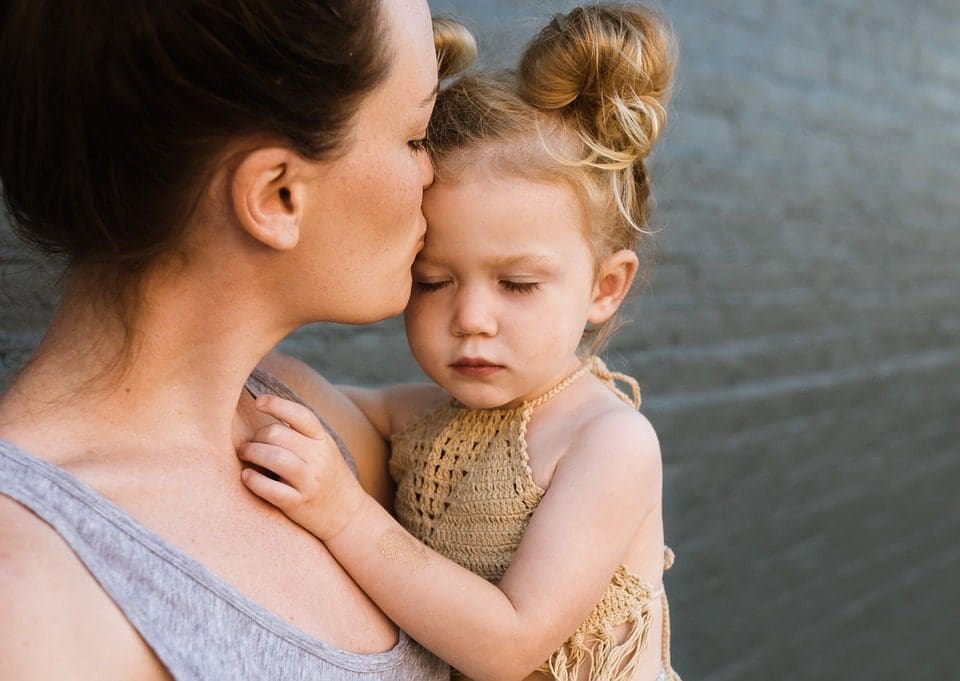So, you’ve admitted that you have a problem with alcohol and it’s time to consider getting help. But being a mother makes this issue more complicated. You take into account not only your personal needs but the interests of your entire family. Read on to find the solution that may fit you and your parental goals.
Table of Contents
How does a mother’s alcoholism impact children?

Children of drinking mothers may be exposed to alcoholic behavior. And that can affect them psychologically. Often, offspring blame themselves for their parent’s habit. They feel embarrassed because they cannot have friends over to their house or when someone sees the parent being drunk. The adult alcoholic’s moods may swing several times a day, ranging from being loving and caring to loud and rude. The child may feel confusion, anxiety, anger, and fear.
Searching for the ways how to quit alcohol on an official site is the best thing you can do for your children’s future now as the effects of growing up around an alcoholic are sometimes so profound they last a lifetime.
The adult children of alcoholics may behave impulsively and have trouble forming close relationships. Moreover, they are at a two- to four-fold higher risk of becoming alcoholics. Make an announcement “I want to quit drinking!” and make your children feel relieved and happy.
Why women drink?
You may still be confused about how you’ve got from one drink to alcoholism. Well, there’re many reasons why we drink:
- Relationship status – being unmarried, separated, or divorced.
- Sometimes married women start drinking when their spouses drink heavily.
- A family history of alcohol problems – alcoholism is considered to have a genetic component.
- Mental health problems – some people use alcohol to relieve the symptoms of an underlying mental health issue.
- Physical, emotional, or childhood trauma – some women turn to alcohol as a coping mechanism after they suffer physical or sexual abuse.
- Stress – women face a lot of stress, and some drink alcohol to relax.
- Enhancing socialization – spending time with friends or co-workers often revolves around food and drink.
- Financial problems often drive single mothers to pick up the bottle.
- The disease of addiction – drinkers start using alcohol as a way to escape or cope with problems (though they don’t disappear from it), but end up with alcoholism, and their initial reasons no longer influence their drinking patterns.
What are the risks of alcohol abuse for you and your family?
Even a small amount of alcohol in your bloodstream can impair your judgment, coordination, and reaction time, increasing the chance of risky and even deadly situations. In fact, alcohol is responsible for 30% of suicides, 40% of traffic crashes and burns, 50% of drowning and homicides, and 60% of falls.
Alcohol abuse may have serious consequences for a woman’s health which include:
- Liver disease (inflammation, hepatitis or cirrhosis)
- Breast cancer
- Brain damage
- A weakening of the immune system.
In comparison with women who don’t drink at all or drink in moderation, women who drink heavily are more likely to experience the next health problems:
- Falls and fractures
- Osteoporosis
- Hypertension
- Heart disease.
Alcohol is often involved in many psychosocial problems:
- Conflicts with a spouse or partner
- Children neglect or abuse
- Work disability
- Domestic violence
- Anxiety
- Depression
- Sexual assault
- Drunk driving.
If you want to get pregnant, stop drinking a.s.a.p. Alcohol use can decrease fertility and provoke early menopause. And drinking during pregnancy may end up developing fetal alcohol spectrum disorders (FASDs). It’s a group of irreversible conditions that can include physical problems and problems with behavior and learning in the baby. In addition to FASDs, there’re other dangers:
- Physical birth defects
- Mental impairment
- Miscarriage
- Premature birth
- Stillbirth
- Low birth weight
- Sudden Infant Death Syndrome (SIDS).
What are the treatment options for women with children?

Women with kids often fear that they will lose custody if they admit to being an alcoholic. In response to these growing concerns, 47 states and the District of Columbia have adopted child protection laws that address some aspects of parental substance abuse. In some cases, the court decides where children must stay. Usually, they stay with a non-drinking spouse or other trusted relative.
For those who have already lost their parental rights, completing a treatment program Nashville is the first and very important step to regain them.
The best way to stop drinking is to get medical assistance. Some treatment centers are gender-specific and offer programs tailored to women. It’ll be great if you find the one near your place.
It may be easier to be more open and candid when talking about problems, concerns, or emotions in an all-female group. Such an environment is much more comfortable for women that have experienced victimization or abuse from men.
Florida drug and alcohol rehab offers inpatient (residential) and outpatient treatment programs. And every option has some pros and cons for a woman with children.
Inpatient treatment is necessary when addiction is severe. The advantage of staying full-time at the facility is getting 24-hour medical supervision, care, and support. The disadvantage is separation from kids and a higher cost of treatment. Unfortunately, very few inpatient facilities provide daycare for clients with children.
During outpatient treatment, the person continues to live at home and visits a center to participate in therapy sessions according to a schedule. The advantage of an outpatient program is the opportunity to maintain contact with children and family and keep up with personal and parental obligations. The disadvantage is the lack of 24-hour care and support that may increase the risk of a relapse.
When looking for a rehab where you’ll learn how to beat alcoholism, you should consider two more aspects. Firstly, in case you have some mental health condition, choose a rehab that treats both – alcohol addiction and co-occurring mental health disorders.
Secondly, seek a rehab that provides family therapy. Family counseling will address your needs as well as the needs of your spouse and children. It will help to fix the relationships that might have been damaged by your alcohol-induced behavior. Check Abbey Care Foundation for more information about alcohol abuse.
Aside from rehab, there’re self-help groups like Alcoholics Anonymous, Women for Sobriety, SMART Recovery, and LifeRing. You can also get private counseling with a mental health professional who specializes in treating alcoholism.
Cover Image credits




